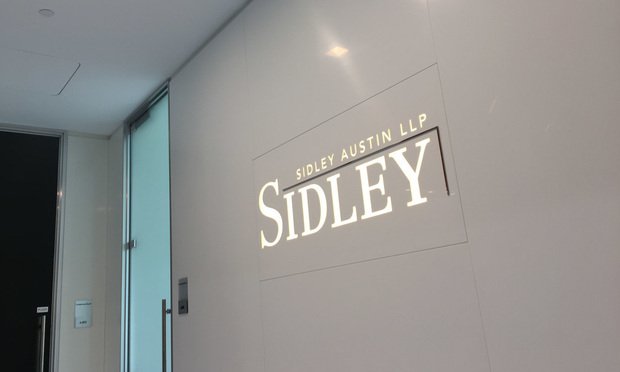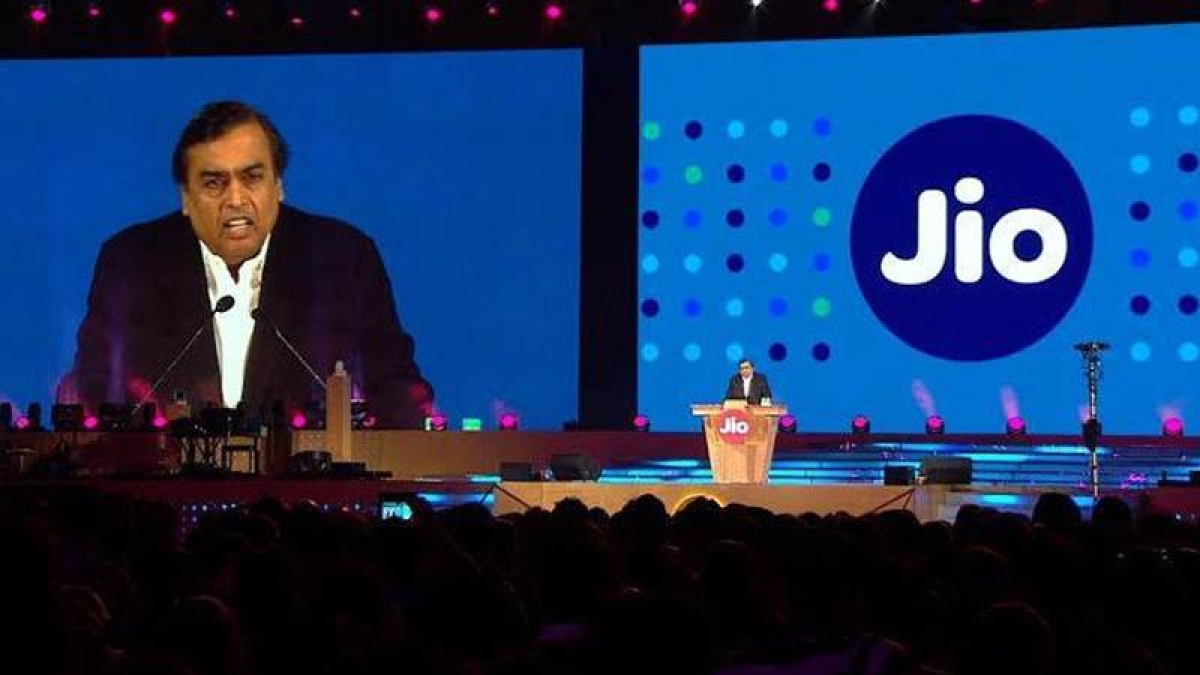Now Reading: Sidley Secures Victory in the Supreme Court in Bridgegate Scandal
-
01
Sidley Secures Victory in the Supreme Court in Bridgegate Scandal

Sidley Secures Victory in the Supreme Court in Bridgegate Scandal
Sidley successfully defended William Baroni, Jr. the former Deputy Executive Director of the Port Authority of New York and New Jersey, in his appeal before the U.S. Supreme Court in the case nationally known as “Bridgegate.” On Thursday, May 7, the Supreme Court unanimously reversed the convictions of Baroni and former gubernatorial aide Bridget Anne Kelly in the highly publicized case involving the redirection of traffic leading to the George Washington Bridge in a purported act of political revenge. In its decision, the Court found that the reallocation of lanes of traffic onto the Bridge did not constitute federal property fraud, even if it was done for a politically punitive purpose.
Baroni and Kelly were convicted after trial in the District of New Jersey of misapplying federal program funds, committing wire fraud, and denying the citizens of Fort Lee, New Jersey their supposed constitutional right to intrastate travel. Baroni allegedly committed these crimes by using his position to reallocate two of three special access lanes onto the George Washington Bridge, taking them away from the exclusive use of motorists approaching from Fort Lee and adding them to the nine other lanes that are accessible to all other approaching cars. The lane realignment created a bottleneck for drivers approaching from Fort Lee and caused traffic to back up into the town, creating gridlock. The government argued that Baroni and Kelly engineered the lane realignment for a concealed political purpose, secretly intending to create gridlock in order to punish Fort Lee’s mayor for refusing to endorse New Jersey Governor Chris Christie’s reelection bid. The jury agreed, convicting Baroni and Kelly on all counts. Baroni was subsequently sentenced to 24 months’ imprisonment.
Sidley entered the case for Baroni for purposes of appeal. In the United States Court of Appeals for the Third Circuit, Baroni and Kelly successfully persuaded the court to reverse the civil rights convictions, arguing that their actions could not have deprived Fort Lee drivers of a constitutional right to travel within the state because no such constitutional right had ever been clearly established. But the Third Circuit affirmed the fraud convictions. Based this partial victory, Baroni was resentenced to a substantially shorter term of 18 months’ imprisonment.
In June 2019, the U.S. Supreme Court granted certiorari to address the validity of the fraud charges against Baroni and Kelly; specifically, whether it is property fraud for a public official to use his or her authority to allocate or reallocate public resources for a concealed political purpose. Baroni and Kelly asserted that the federal property fraud statutes had been misused and that their convictions needed to be reversed. Michael Levy argued the case for Baroni on January 14, 2020.
On May 7, 2020, the Supreme Court issued its decision overturning the convictions. The Court held that the federal property fraud statutes do not “criminaliz[e] all acts of dishonesty by state and local officials,” and that because the conduct at issue “did not aim to obtain money or property, Baroni and Kelly could not have violated the federal-program fraud or wire fraud laws.” Judgments of acquittal will now be entered in favor of both defendants.
The Sidley team included Michael Levy (New York), Michael D. Mann (New York) and Christopher Egleson (Los Angeles).







